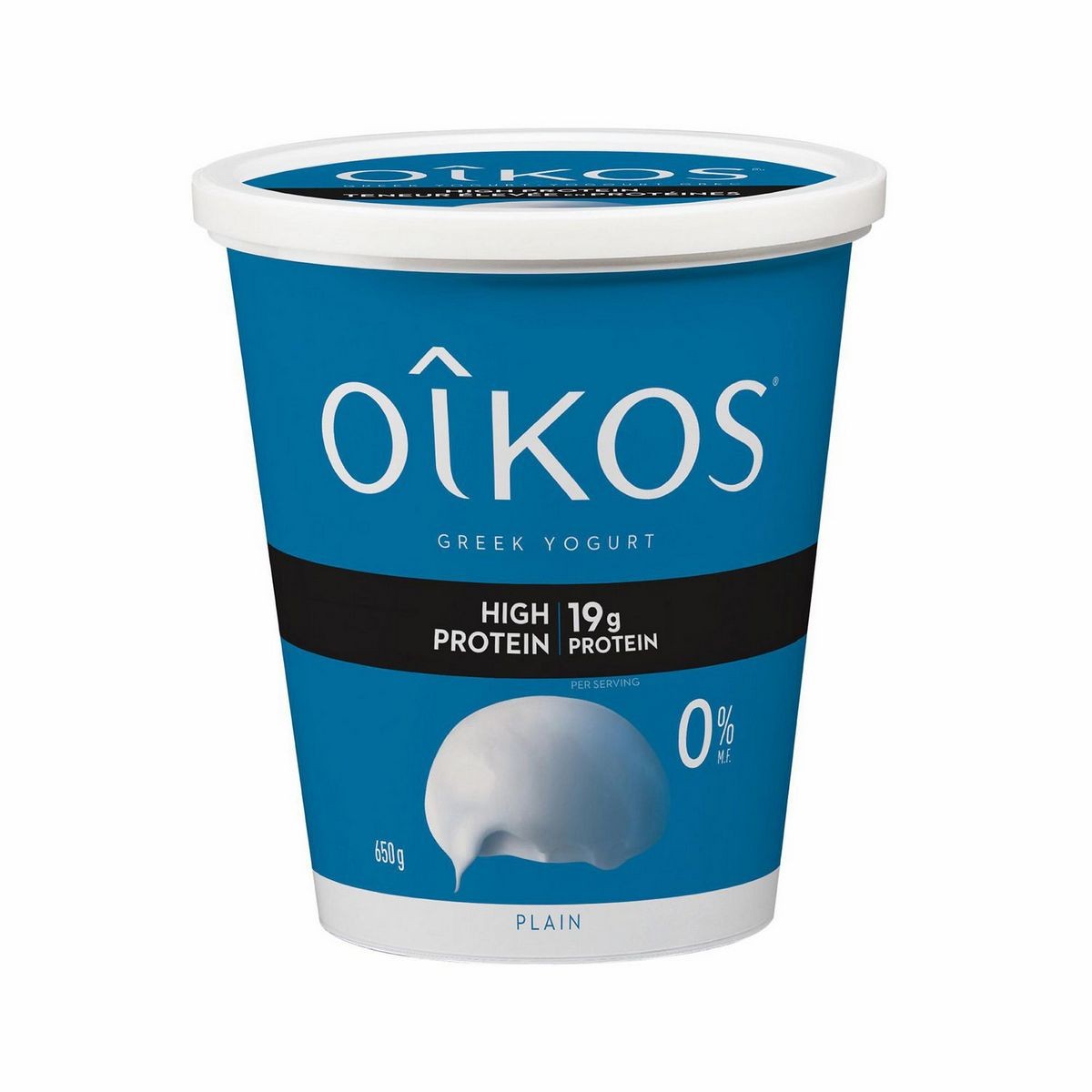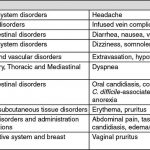
Contents
Is High-Protein Greek Yogurt Good for You?
Greek yogurt is prepared by fermenting yogurt and straining the whey and other liquids. It is highly nutritious and a rich source of protein.
Greek yogurt is a popular and nutritious snack option. Learn all about high-protein Greek yogurt, including its nutritional value, types, and health benefits.
In 100 B.C., the Greeks documented the use of yogurt. The word "yogurt" comes from the Turkish word (yogurmak), meaning to curdle or thicken. There are various types of yogurt, and Greek yogurt has more protein than most.
Greek yogurt, also known as strained yogurt, is made by fermenting yogurt and then straining the whey and other liquids. This thickens it and increases the protein content. Some preparations also add milk proteins (casein).
What is the nutritional value of Greek yogurt?
Greek yogurt comes in different variations like low-fat, full-fat, fat-free, flavored, and unflavored. Full-fat and artificially sweetened versions have more calories than low-fat and unflavored options.
In general, Greek yogurt is highly nutritious and rich in protein. It contains more protein and fewer carbs than regular yogurt.
A 7-ounce serving of plain, unsweetened, low-fat Greek yogurt contains 146 calories, 20 grams of protein, 7.8 grams of carbs, and 3.8 grams of fat. It also provides important nutrients such as calcium, phosphorus, zinc, potassium, and selenium, as well as smaller amounts of copper, magnesium, and choline.
Additionally, Greek yogurt is a good source of vitamins A, B12, B5, and B2.
What are the health benefits of Greek yogurt?
Here are the potential health benefits of Greek yogurt:
1. Provides nutrition
Protein is essential for immune function, tissue repair, and chemical reactions in the body. A 200-gram serving of Greek yogurt provides around 20 grams of protein, along with vitamins B12 and minerals like zinc and selenium.
2. Promotes weight loss
High-protein meals increase feelings of fullness and can help you eat fewer calories. Greek yogurt consumption has been linked to decreased weight gain and body fat reduction. Combining it with a balanced diet is key for significant results.
3. Enhances bone health
Greek yogurt is a great source of protein, calcium, and phosphorus, which support bone growth and maintenance. It has been associated with increased bone formation, improved bone mineral density, and reduced risks of bone diseases.
4. Lowers blood pressure
The probiotics in Greek yogurt have the potential to reduce blood pressure. More research is needed to confirm this finding.
5. Improves gut health and digestion
Eating yogurt increases beneficial bacteria in the gut, promoting better digestion. Opt for unsweetened Greek yogurt to avoid bacterial imbalances.
6. Boosts mental health
Probiotics in Greek yogurt enhance gut health, which can improve mental well-being. Studies have shown a reduction in stress, anxiety, and depression symptoms with probiotic consumption.
7. Builds muscle mass
Protein in Greek yogurt aids in muscle recovery and can be beneficial after workouts.
8. Decreases diabetes risk
Eating yogurt may reduce the risk of type 2 diabetes due to its metabolic and weight management benefits.
How to eat Greek yogurt
Low-fat, unflavored, and unsweetened Greek yogurt is a healthier choice. Excessive sugar consumption is linked to various health conditions.
There are many ways to enjoy Greek yogurt:
- Use as dips, marinades, sauces, toppings, and dressings
- Replace mayo, buttermilk, or sour cream
- Add to smoothies and frozen desserts
- Incorporate into soups, salads, and curries
Greek yogurt is a versatile and nutritious addition to any meal. Consider trying it for a healthier food option.
QUESTION
Sources:
American Journal of Clinical Nutrition, BMC Medicine, BMJ Open, British Journal of Nutrition, Cook for Your Life, Frontiers in Nutrition, International Journal of Obesity, Journal of Cellular Physiology, Journal of Diabetes Investigation, Journal of the American College of Nutrition, Maturitas, Microorganisms, NIH, Nutrients, Nutrition Reviews, Nutritional Neuroscience, Osteoporosis International, USDA


